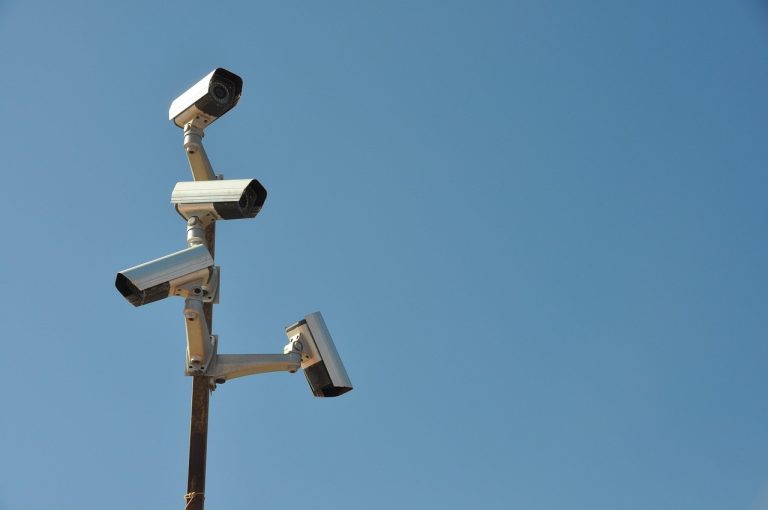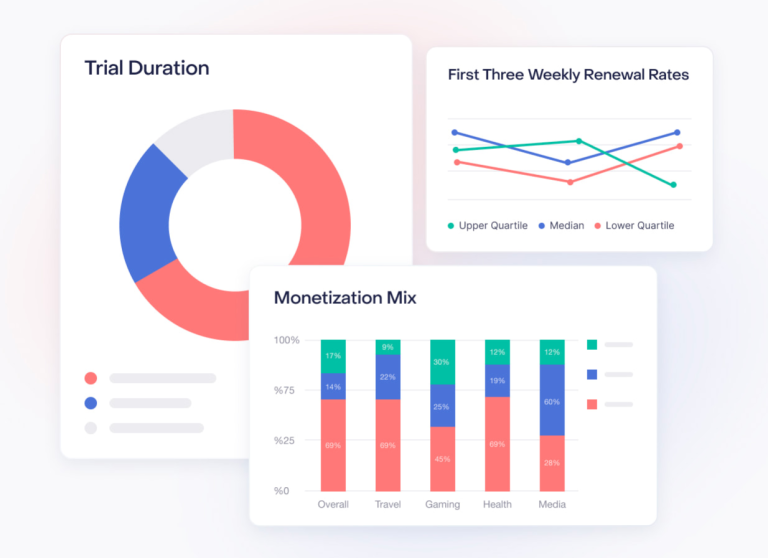
In 2024, Africa witnessed a record-breaking number of internet shutdowns, with 21 documented cases across 15 countries. This surpassed previous records set in 2020 and 2021, when internet access was restricted 19 times. According to a report by the human rights organization Access Now and the #KeepItOn coalition, governments are increasingly resorting to digital blackouts as a means of suppressing protests and controlling information flows.
Among the countries where authorities curtailed internet access were Comoros, Guinea-Bissau, Mauritius, Burundi, Ethiopia, Equatorial Guinea, and Kenya. The list also included Guinea, Nigeria, Senegal, and Tanzania. Beyond government-imposed restrictions, armed groups and other non-state actors were also responsible for some of the shutdowns.
The primary drivers behind these disruptions were conflicts, protests, and political instability, with internet blackouts frequently implemented during election periods. Access Now reports that the global situation has worsened, with 296 internet shutdowns recorded in 54 countries in 2024, compared to 283 disruptions in 39 countries the previous year.
“Since 2016, we have observed how internet access has become a tool of oppression. Since we began documenting these cases, we have recorded 1,754 shutdowns. Behind each of these figures are individuals and entire communities, severed from the world during moments of crisis, violence, and war,” states the Access Now report.
Some African nations have maintained prolonged internet restrictions, lasting over a year. In Uganda, as of early 2025, restrictions on Meta‘s platforms persisted despite ongoing negotiations with the government. On the island of Annobón, part of Equatorial Guinea, internet access has remained completely blocked since August 2024, following protests over environmental concerns and regional isolation.
The escalation of internet blackouts prompted the African Commission on Human and Peoples’ Rights to adopt a resolution against internet shutdowns in March 2024. However, human rights advocates note that this measure has yet to yield significant improvements.
“Regrettably, 2024 saw an even greater number of internet shutdowns linked to elections, despite the adoption of the resolution,” remarked Felicia Antonio, head of the #KeepItOn campaign. Nevertheless, she emphasized that the resolution is already being leveraged by civil society activists to combat digital repression. She also noted that in several countries, including Mauritius and South Sudan, authorities abandoned planned internet restrictions in response to public pressure.


